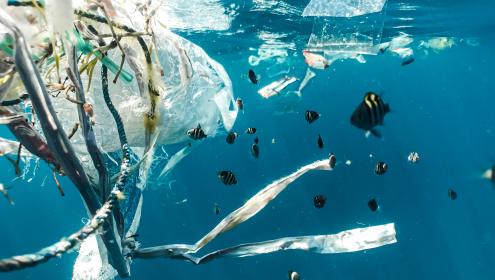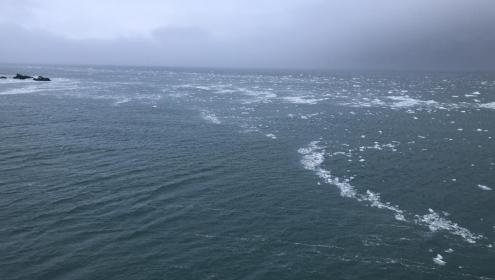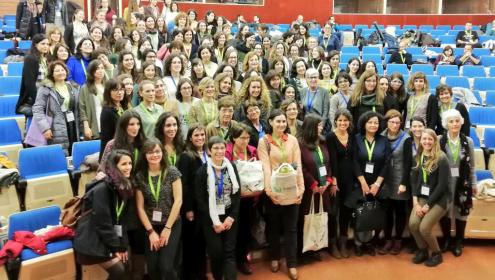LATEST TOPICS
Scientific news
A new study led by the Institut de Ciències del Mar (ICM-CSIC) and the University of Barcelona (UB) shows how a great diversity of marine organisms attach themselves to plastics and, with these, are dragged along by marine currents.
This has been confirmed by researchers from the ICM-CSIC after producing sea salinity data obtained from measurements by the European Space Agency's (ESA) SMOS satellite, which were later incorporated into the TOPAZ Arctic prediction model.
Scientists from the University of Girona, CSIC and University of Barcelona in Spain warn of the "serious impacts" that these facilities may have on marine biodiversity, the landscape/seascape, fishing and tourism.
According to the work, they could have arrived in this remote area through the discharge of wastewater from washing machines at Antarctic bases and ships visiting the area.
Only 10% of the data collected to date in different campaigns is available on open access platforms, a scarcity of data that makes it difficult to correctly assess the conservation status of ecosystems and to implement protection measures.
The paper assesses whether women and men were equally represented, participative and visible at the 1st Congress of the Iberian Society of Ecology (SIBECOL), held in Barcelona in 2019.


